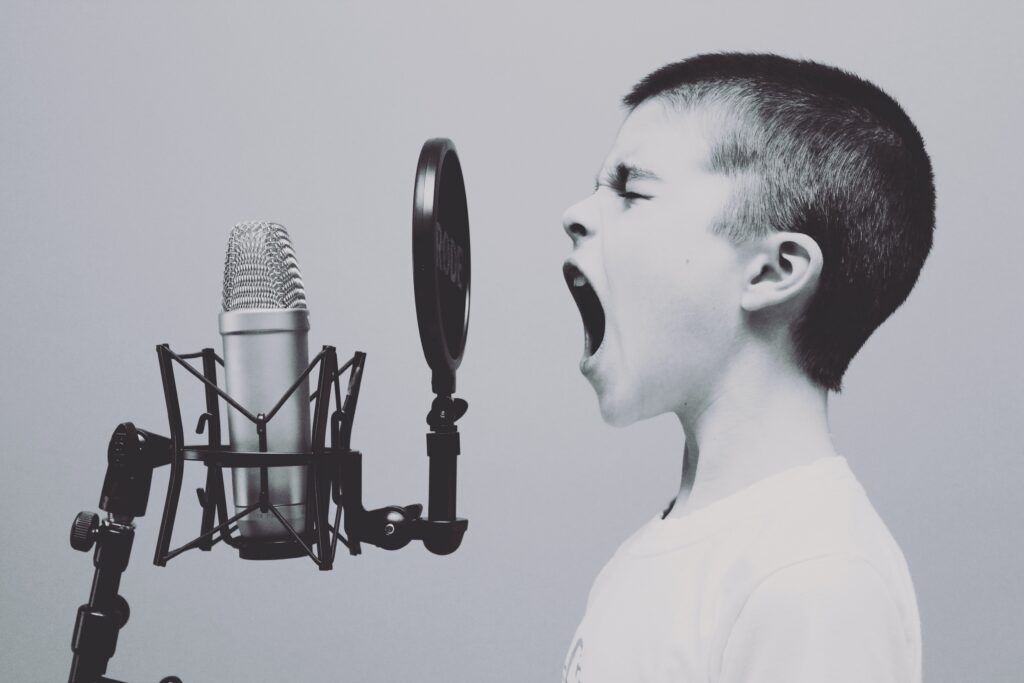7 Surprising Ways Music Affects Our Brains

Introduction
Hello, Psych2goers! Do you enjoy listening to music? What’s your preferred genre? We’re going to dive in to see how it can impact our brains when listening to music. Let’s go!
1. Associates with emotions
Depending on the composition of the song, such as the rhythm and chords, we may experience various emotions as the music progresses. For example, joyful music usually has major chords, whereas sad music typically has minor chords. As for the tempo, slower ones tend to sound more pessimistic than the faster ones (Trimble & Hesdorffer, 2017).
2. Perception can vary
A lot of us can identify the pitches and the tones of the music as it plays. We can typically hum or sing along with the song. However, it’s not necessarily the case when it comes to amusia. Amusia is the inability to perceive the different tones of the music. It’s a challenge to distinguish the correct key when a wrong one is presented. Nevertheless, people with amusia can still hear sounds and words in daily life (Yang, 2019).
3. Personal development
Whether you play the violin, piano or flute, practising music can potentially bring advantages to self-development. In one study, Professor Assal Habibi and her team compared children who received music practice and those who do not. After years of observation, children who played music showed greater cognitive skills and decision-making. This can further contribute to problem-solving skills or creativity as children develop (Habibi, Damasio, Ilari, Sachs & Damasio 2018).
4. Regain speech
In one incident, former politician Gabrielle Giffords was struggling with aphasia due to a shot in 2011. In order to regain her ability to speak, she is guided into singing the words out and not in a way of repeating and articulating a word after her therapist. Maegan Morrow, a senior music therapist explained that many parts of the brain respond to music. By using this method, music is a potential passage to help aphasia patients to understand the words again (WIRED, 2019).
5. Relieve anxiety
We all experience stress, the reason can be school, work or family. Sometimes, we may get anxious when dealing with stress, so how can music help us then? In a study, researchers split up a group of people who would experience a surgery. One group was told to listen to music while the other was told to take anti-anxiety drugs. Turns out, music was a better option to decrease the cortisol level, which is the stress hormone. In addition, music is way more accessible than anti-anxiety drugs! What’s not to appreciate (Landau, 2018)?
6. Genre impacts
Music genres can help us facilitate ourselves to adapt to certain environments. For example, jazz has a soothing effect and makes us feel relaxed. It’s perfect if you’re staying at home on a quiet evening. On the other hand, heavy metal emphasizes the identity of the listeners, which creates a unique connection of a group of people in a concert. Therefore, if you’re trying to stay focused on a task, heavy metal and rock won’t be the best choice for you (UAGC Staff Member, 2021).
7. Rehabilitation purposes
Other than having music as part of our daily habits, music is also beneficial for targeting certain populations. For instance, it is used to help to improve Parkinson’s and Alzheimer’s disease (Pegasus Magazine, n.d.). By introducing them to music, Alzheimer’s disease patients in their late stages are able to recognize and sing their favorite songs. As for Parkinson’s disease patients, it’s a way to improve moving and walking (American Parkinson’s Disease Association, 2021).
Conclusion
Which point do you like most? Leave a comment below and share it with your friends who also love music!
References
American Parkinson Disease Association. (2021, May 7). Music therapy for Parkinson’s disease. American Parkinson Disease Association. Retrieved May 31, 2022, from https://www.apdaparkinson.org/article/music-therapy-parkinsons-disease/
Habibi, A., Damasio, A., Ilari, B., Elliott Sachs, M., & Damasio, H. (2018). Music training and child development: a review of recent findings from a longitudinal study. Annals of the New York Academy of Sciences, 10.1111/nyas.13606. Advance online publication. https://doi.org/10.1111/nyas.13606
Landau, E. (2018, January 23). This is your brain on music. CNN. Retrieved May 31, 2022, from https://edition.cnn.com/2013/04/15/health/brain-music-research/
Lv, Yang. (2019). Influence of Cognitive Neural Mechanism on Music Appreciation and Learning. Translational neuroscience, 10, 57–63. https://doi.org/10.1515/tnsci-2019-0010
Pegasus Magazine. (n.d.). Music and the brain: What happens when you’re listening to music. University of Central Florida. Retrieved May 31, 2022, from https://www.ucf.edu/pegasus/your-brain-on-music/
Trimble, M., & Hesdorffer, D. (2017). Music and the brain: the neuroscience of music and musical appreciation. BJPsych international, 14(2), 28–31. https://doi.org/10.1192/s2056474000001720
UAGC Staff Member. (2021, December 9). How does music affect your brain?: UAGC: University of Arizona Global Campus. UAGC. Retrieved May 31, 2022, from https://www.uagc.edu/blog/how-does-music-affect-your-brain
WIRED. (2019, March 15). How Does Music Affect Your Brain? | Tech Effects | WIRED [Video]. YouTube. https://www.youtube.com/watch?v=HRE624795zU



Responses